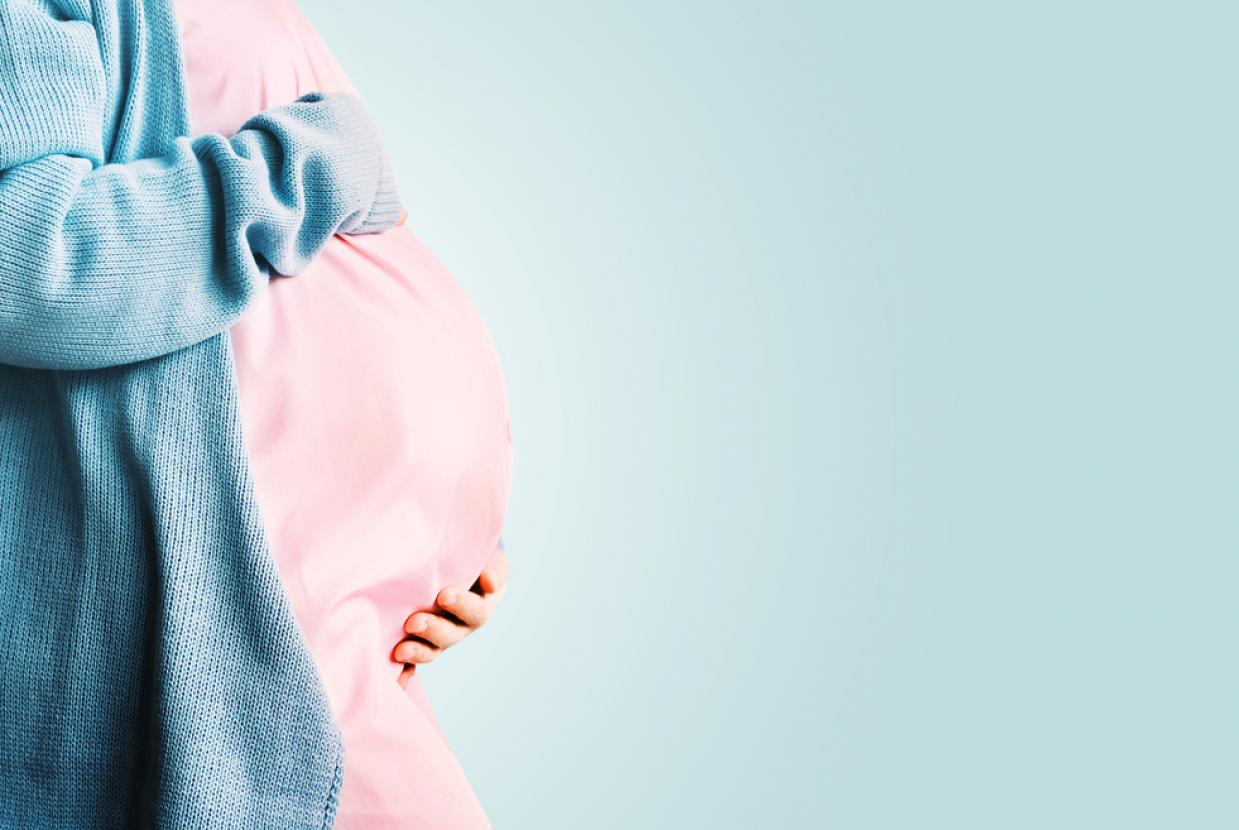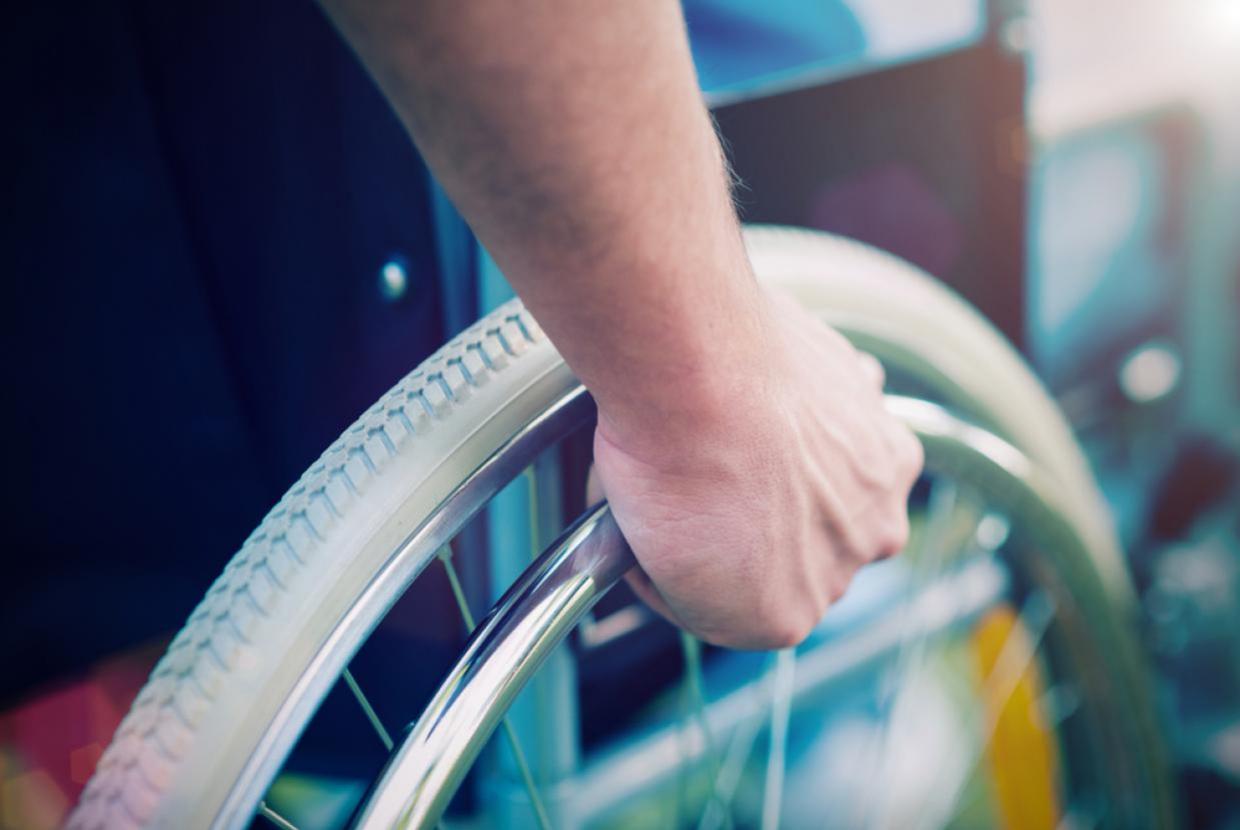Child Tax Credit
Child Tax Credit has been replaced by Universal Credit. If you are on a low income and responsible for a child as their main carer you will now need to claim Universal Credit to help with your costs.
Child Tax Credit has been replaced by Universal Credit
Child Tax Credit has now been replaced by Universal Credit and no more payments will be made after 5 April. Universal Credit is a single monthly payment that can help you with your living costs – including those related to bringing up children.
How much is Universal Credit?
Universal Credit is made up of a standard allowance, and additional elements if you’re:
- responsible for children
- an unpaid carer
- unable to work due to an illness or disability, and/or
- renting your home.
Universal Credit and childcare costs
If you qualify for Universal Credit and have childcare costs, you might be able to claim back up to 85% of eligible childcare costs. For the 2025/26 tax year, this is up to a maximum of £1,031.88 a month for one child, or £1,768.94 a month for two or more.
This is higher than the 70% you could claim through the childcare costs element of Working Tax Credit.
To get the childcare costs element of Universal Credit, you must:
- be in paid work, or
- have an offer of paid work that’s due to start before the end of your next Universal Credit monthly assessment period.
If you’re in a couple, your partner must also be in paid work. This is unless they can’t provide childcare because of a limited capability for work, or they’re caring for a severely disabled person.
You can claim the child element of Universal Credit for all qualifying children born before 6 April 2017.
If your children were born on or after 6 April 2017, you’ll only be able to claim for the first two. This is unless you had a multiple birth – or there are other limited exceptions.
Our downloadable printed guide Getting Ready for Universal Credit can help you prepare.
If you have £16,000 or more
The amount you can have in savings is different for Universal Credit than it was for tax credits. Usually you don’t qualify to get Universal Credit if you have £16,000 or more.
All money, savings and investments you have in the UK and abroad are taken into account, including:
- cash
- money in your bank account, including your main bank account
- current accounts and digital-only accounts such as PayPal
- savings accounts: bank, building society, credit union, Help to Save, Post Office and National Savings and Investments (NS&I) accounts
- savings for children in your name
- money that belongs to someone else, but is in your name
- stocks and shares
- property.
However, if you moved over to Universal Credit from tax credits because you received a Migration Notice, your savings won't affect your eligibility for Universal Credit for 12 assessment periods (about 12 months).
After then, if you still have £16,000 or more in savings you will no longer qualify for Universal Credit. If you still have between £6,000 and £16,000, your Universal Credit payments will be reduced by £4.35 for every £250 of savings you have.
If you are over State Pension age
If both you (and your partner if you have one) are over State Pension age, you might be able to apply for Pension Credit instead. If one of you is under State Pension age you’ll need to apply for Universal Credit.
How to find extra support
If you live in England, Wales or Scotland you can contact the Citizens Advice Help to Claim Service for free, confidential and impartial advice.
Ways you can contact the Citizens Advice Help to Claim support service:
England and Wales
More details at Citizens Advice in England and Wales
Scotland
Visit Citizens Advice Scotland or call 0800 023 2581
Northern Ireland
Universal Credit works differently – find out more at nidirect. Use the British Sign Language (BSL) Video Relay Service to help you with the early stages of your Universal Credit claim.






























